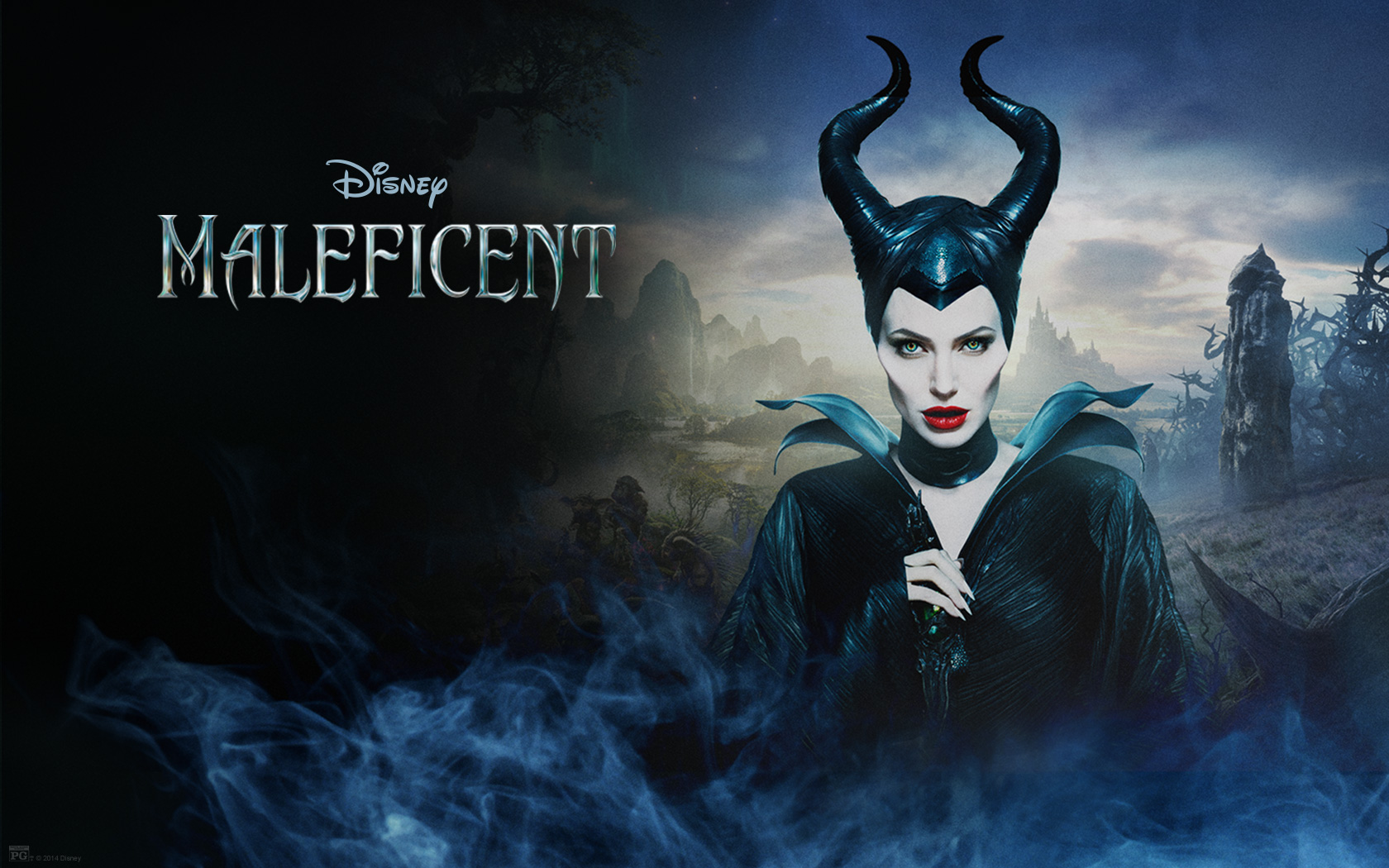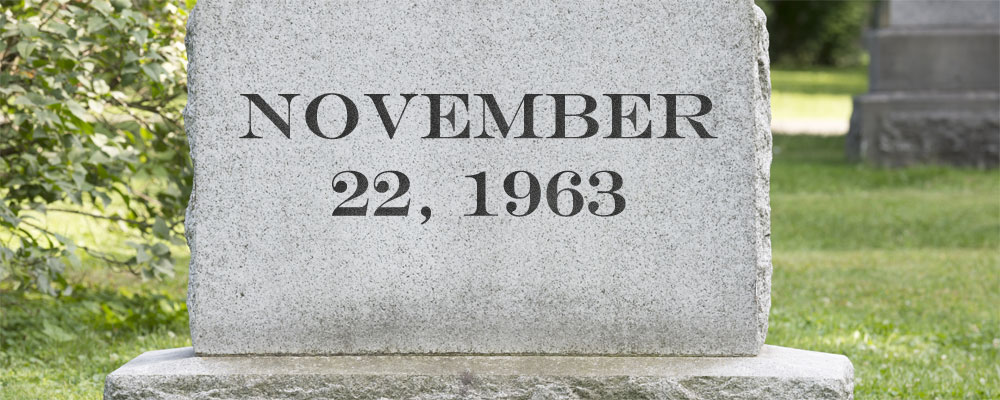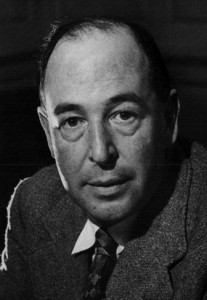
by Brian Hobbs | Mar 28, 2016
The new Superman v. Batman movie did great at the box office, though not so well with the critics. This movie shows yet, again, that comic book and superheroes are all the rage.
So who is your favorite superhero? Growing up, Superman was my favorite. I relished seeing the Man of Steel fight for “Truth, Justice and the American Way,” in fighting evil. As I have grown, I have come to prefer Batman slightly over Superman. If, for no other reason, I am amazed and impressed that the Dark Knight can fight crime, even though he has no superpowers like others, including Spider-Man, Superman or the X-Men.
My children, especially my son, also enjoy superheroes. There are at least three things I try to teach my children—and reminder myself of—when it comes to enjoying superheroes.
1. They’re cool but pretend
Some Christians, especially those of a fundamentalist perspective, do not like the superhero genre whatsoever. To some extent, I understand the hesitation and desire to teach our children about reality and truth, as well as avoid idolatry.
At the same time, childhood is partly about learning between what is real and what is make believe and finding inspiration toward action and virtue. Consider this analogy. Thinking about magic, the Bible very clearly prohibits the use of magic, especially divination (see Deut. 18 and Exodus 22). Many Christians, however, find inspiration and truth from C.S. Lewis’ Narnia series, which has magic in it.
The key distinction in Lewis is that he draws distinction between real magic versus make-believe magic. Also in Narnia, magic is not something to trifle with or master (like it is at Hogwarts School of Witchcraft and Wizardry). Magic is something to be feared and learn to make you more obedient to the Divine.
While a committed fundamentalist never will fully embrace superheroes or works like the Narnia series, he or she at least owes fans the dignity of not lumping these works with truly harmful secular fantasy genre. Be that as it may, we must remind kids that superheroes like Batman are pretend.
2. Real heroes are more important
What would it profit a young boy to know all about the Flash, Green Lantern and Hawkman, if he knows nothing of Alvin York, Paul Revere and Alfred the Great? In other words, if we allow our children and ourselves to delve only into pretend heroes to the exclusion of real-life ones, we have done a disservice to them and ourselves.
Apart from getting on an airplane or aircraft, none of us will fly around like Hawkman. Many of us, however, may be called on to serve our country in war, protect someone weak or fight back a bad guy or terrorist. To the extent that revering heroes draws you to godly virtues and bravery, they are a very good thing.
3. Only Christ has all power
I am writing this at Eastertime, when we celebrate the life, death and resurrection of Our Lord Jesus Christ. He alone is the real Hero and Super Hero, so to speak. During His earthly ministry, Jesus performed miracles, not because of Krypton heritage but because of the power of God.
Jesus rose from the grave, because He alone has the power to “lay down his life and take it up again” (John 10). He alone controls the forces of nature and the supernatural, and holds the keys to life and everlasting life.
While it sure would be cool to fly like Superman, the only real comfort in this life is to know I can be with Jesus when I’ll fly away when this life is over.

by Ashley Haupt | May 28, 2015
The house was freshly cleaned, vacuumed, candle lit. Seven-year-old Abby had taken Tylenol for her fever that kept us home from church and she was resting on the couch with her siblings. The kids were entranced in Voyage of the Dawn Treader. I was sitting with them, alternately watching my favorite parts and tuning out.
The movie came to the part when Lucy seeks beauty from the book of magic. She desires it so badly she rips out a page to read the spell alone later. She wants to become as beautiful as her sister, but she discovers that in doing so, she wishes herself away completely. Without her, the Pevensie family would never have visited Narnia and met Aslan, who represents Christ. All the things she values most are gone, but she has her beauty. Aslan appears beside her as she gazes into the mirror, horrified at the vision of what could be. Gently, he reprimands her.
Lucy. You have wished yourself away.
I just wanted to be beautiful like Susan.
You doubt your value, Child. You must remember who you are.
A tear slipped down my cheek. Aslan (Jesus) doesn’t assure her that she, too, is beautiful. He doesn’t tell her not to compare. He doesn’t say how foolish the pursuit of beauty is in the end.
You doubt your value, Child. Right to the heart of the matter. That wise C.S. Lewis knew the snare of women. Our hearts desire beauty and we would believe it gave value, when in fact it only dresses out what is beneath the thin veneer.
Lucy’s character is my favorite. The youngest, the most affectionate, struggling to be bold and follow Aslan sometimes against the wishes of her older siblings. But this is the first time we see her want something other than Aslan, something worldly.
And all He does is remind her of her value.
It’s the kindness of the Lord that leads us to repentance (Rom 2:4).
All the voices in our head that lie are silenced if we choose to believe we have worth.
I had shared some doubts in my own heart to a friend via email earlier in the day.
Wiping the tear away, I looked down to see her response in my inbox. “Down with that voice in your head,” she wrote. “Feed on His faithfulness.”
This I do know for sure: the voices in our head lie. Loudly.
The voice of truth tells me a different story.
Let’s write a different story today, friends.

by Brian Hobbs | Jan 9, 2015
Over the holidays, I went to see the third and final installment of movie director Peter Jackson’s The Hobbit. While I’ve read the book by J.R.R. Tolkien, and am a fan of his companion Lord of the Rings trilogy in book and movie form, I am by no means an aficionado. Yet I will offer these thoughts and reflections as a fan.
The Plot
Viewers of the previous two Hobbit movies will recall “Bilbo,” “Thorin Oakenshield” and other dwarves and their quest to recapture the Lonely Mountain, a treasure filled mountain once owned and inhabited by Oakenshield’s ancestors and other dwarves. In the previous movie, “Bilbo” awakened the dreaded dragon “Smaug,” who decades before took over the place because of its gold and treasure. According to the Internet Movie Database Website, “Bilbo and Company are (now) forced to engage in a war against an array of combatants and keep the Lonely Mountain from falling into the hands of a rising darkness.”
Positive elements
The Hobbit, while an entirely fictional plot, forces the viewer to grapple with human nature. The story happens on a grand scale, as therefore ennobles your soul, unlike the petty, silly movies of say, Adam Sandler. The movie has characters that are memorable, none more so than “Bilbo” himself. The character development we see from opening scene of the first installment to this final is remarkable.
The acting, screenplay and special effects in The Hobbit are gripping, and the music score is very memorable. This movie has light-hearted moments related to the quirky dwarves that make you laugh. The film, which contains a sub-plot romance that Tolkien’s work did not have but Jackson added in, will almost certainly stir your emotions and keep you engaged until the end, if you have seen the previous movies.
Negative elements
Some Christians dislike the fantasy genre altogether. Still others, who would not be afraid to be described as fundamentalist Christians, loathe stories like The Hobbit with magic, dragons and the like. In this other blog post, I offer my perspective on how and why stories like C.S. Lewis’ Narnia and The Hobbit have a redeeming value.
The Hobbit movies contains a great amount of monsters and images that could be frightening for younger viewers. The movie also shows a lot of fighting, for which families should be prepared. I personally believe in movies as in life, we need to distinguish between justified violence and unjustified violence, let alone realize that wars happen. To more sensitive viewers, though, The Hobbit could create a problem.
Spiritual value
In a morally-relative age such as ours, any movie or book that ingrains in children a belief in absolute right and wrong is a welcome sight. The Hobbit depicts evil and darkness for what they really are. It also shows that while darkness is something that looms out there, it is also lurking within our own hearts.
While God is not specifically mentioned in The Hobbit, some of the grand topics of the Bible and life itself, including death, greed, sin, redemption and love, shine through.
Overall
To see this film, you must have seen the others first. If you are a fan of The Hobbit and Lord of the Rings series, you will likely agree that this movie is good, but maybe not great. I personally thought The Hobbit, which is one book, would have been better presented in two movies, not three. Be that as it may, Peter Jackson once again created a work of art that has attracted millions of dollars and a wide audience and also inspired renewed interest in Tolkien’s literary classic.
Rating
3 out of 4 stars

by Brian Hobbs | Jun 17, 2014
In most Disney movies, the protagonist is the hero, not the villain. In other words, we see movies through the eyes of the good guys.
In its 2014 release, “Maleficent,” starring Angela Jolie, we see the “Sleeping Beauty” plot through new eyes, specifically from the fairy/witch who cursed the infant Princess Aurora. In this work, the villain becomes the hero—or at least the lens—through which we view the story. This comes with great potential… and some problems.
Positive elements
Perhaps the strongest emphasis of “Maleficent” is true love. The movie distinguishes between this deep, abiding love that has, in this case, the power to save Sleepy Beauty, from an empty or superficial love.
Secondly, though I am no fan of Angelina Jolie, she plays her part to a “T,” and the other actors do well too. The special effects are well done, even if obviously computer-generated. Finally, for a story with a well-worn plot, this movie re-imagines it in new and memorable ways.
Negative elements
Some Christians cannot handle a movie or book that depicts sorcery or witchcraft. While the Bible does condemn witchcraft, there is a difference between make-believe magic and real magic (as I explain here). Be that as it may, parents must make sure their children understand the difference, so the movie would not entice someone to delve into the world of dark arts.
Parents who take their children to this will also need to explain the way romance and love really work, as there are some Hollywood-style of falling in love which could set some bad expectations for later in life.
Spiritual content
The Bible emphasizes that we all have sinned and that no one is truly good (Romans 3). This lesson is sometimes lost in movies, where the heroes are good-as-gold good guys in white hats, and the villains wear black hats and are thoroughly bad. That does not happen here in “Maleficent.” Except for “Sleeping Beauty,” each of the characters have flaws, limitations and sins, which is true to life. We see Maleficent’s wickedness plainly when she issues her famous curse, but we learned what made this once fairly innocent child into a warped woman.
Thus we see that for every sin and sinner, there is a tempter beckoning us to sin (Gen. 3). At the same time, we have the moral responsibility to avoid the bad and do the good. I fear in movies like this and similar works like “Wicked,” we end up making the bad guys too sympathetic of characters and thus exonerating them from guilt. Sometimes it was “their bad childhood” that make them evil. Other times, a bad ex-boyfriend turned them into a rotten person. Still other times, it was the devil who made them do it, thereby freeing them from moral responsibility.
Meanwhile, in a Christian worldview, we know that we each are responsible and accountable for our actions. Yes, each of us is born into sin, but we actualize it through our own actions. In the case of Maleficent, she does evil herself after previously being wronged. Without spoiling the plot, she does take redeeming actions that help to make things right. In Christianity, however, we do not redeem ourselves in a theological sense. Only God through Jesus Christ can restore us and make us righteous.
So, viewers, especially children, would not necessarily walk away from this movie with a helpful way of looking at the world—a right worldview—but there would be some great spiritual and religious conversations to be had.
Overall
Not since Darth Vader can I recall a villain whom people will walk away liking as much. I had no plans to see this movie, but after recommendations from a few people I trust to go see it, we did. It is not a movie I plan to see again or buy, but it gave me plenty to think about and talk about. I will end with a note of caution to parents to make sure your child is old enough to deal with the issues at hand. Just because it is a Disney movie and rated PG does not mean it is safe for the whole family anymore.
Photo credit: Disney

by Brian Hobbs | Nov 14, 2013

C. S. Lewis
Having not been born yet, I can only imagine the trauma that people must have felt at the assassination of John F. Kennedy on November 22, 1963. Yet did you know that on that fateful day, another truly great man died? I refer to my favorite writer, C.S. Lewis.
While many are offering fitting tributes to the late President Kennedy on this 50th anniversary date, I wish to write one on Lewis. The atheist-turned-Christian has composed a collection of writings almost unparalleled in modern times.
Scholar, Christian apologist, public intellectual and author, Lewis was able to compose meaty works in the following genres: Poetry, children’s fiction, history, theology, science fiction and allegory. He mastered each of these genres and provided a body of works that has changed the lives of millions worldwide.
He is perhaps best known for his Chronicles of Narnia children’s books (I have reviewed some of those here). Yet his most important theological work is Mere Christianity, in my estimation. It is the most important because it teaches the landmark idea of the “trilemma.”
The “trilemma” forces people to reckon with the ministry, teachings and life of Christ in a real and honest way. Christ cannot be called a mere “good man” or “good teacher.” Lewis says this, “Christ either deceived mankind by conscious fraud, or He was Himself deluded and self-deceived, or He was Divine. There is no getting out of this trilemma. It is inexorable.”
Many honest agnostics have had their hearts softened by God through this Truth, and many, like Lewis, have come to Christ once having honestly come to grips with who He really is.
For those wanting to know more about this spiritual giant, who sought to unify Christians on the essentials so we would not depart on secondary matters, I suggest you watch the movie “Shadowlands,” which has Anthony Hopkins playing Lewis. I also recommend this new biography by Alister McGrath.
If you truly wish to get to know and enjoy Lewis, however, simply pick up any of his books and begin to read. I assure you, the day you meet up with Lewis through his writings will be a red-letter date in your life.





